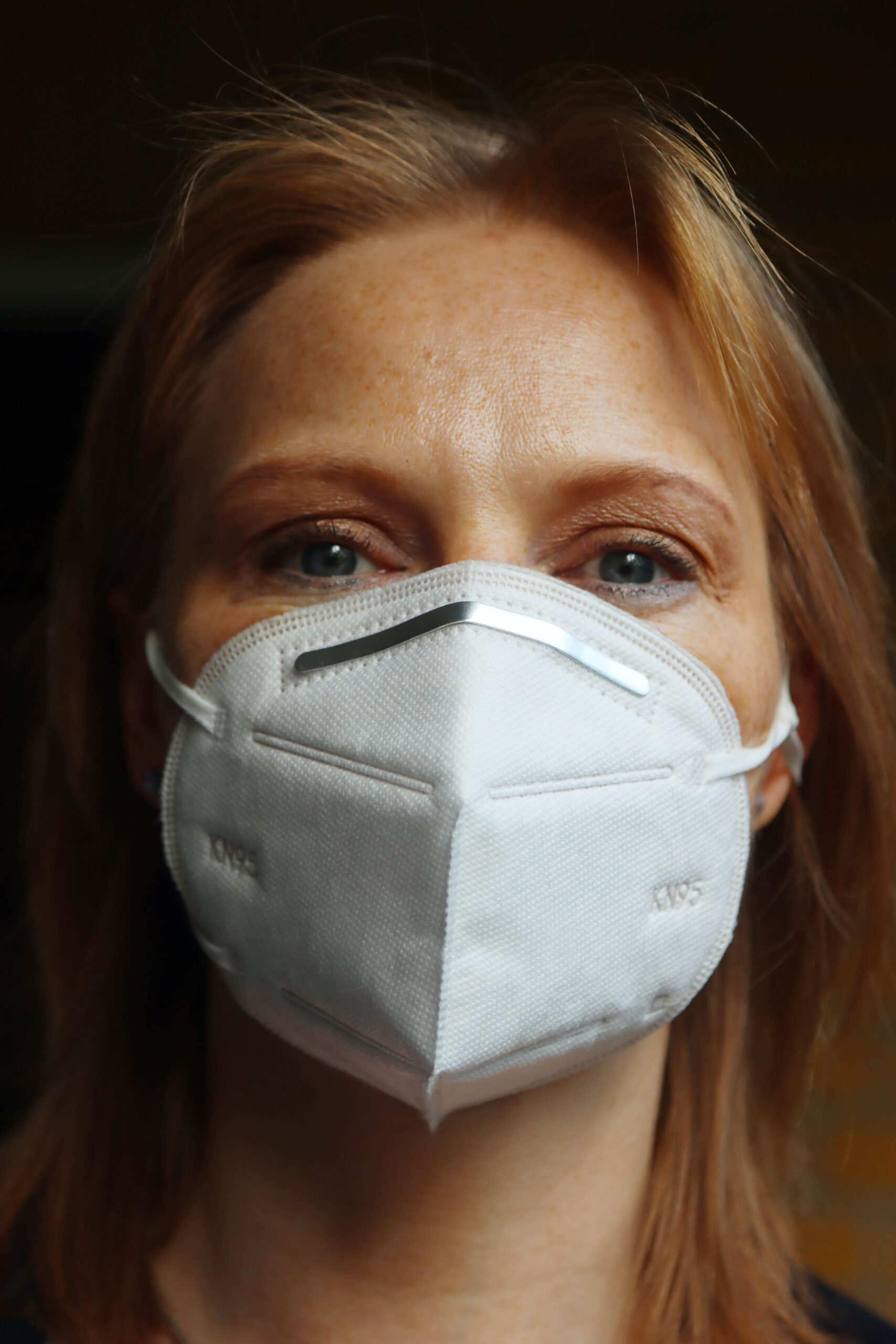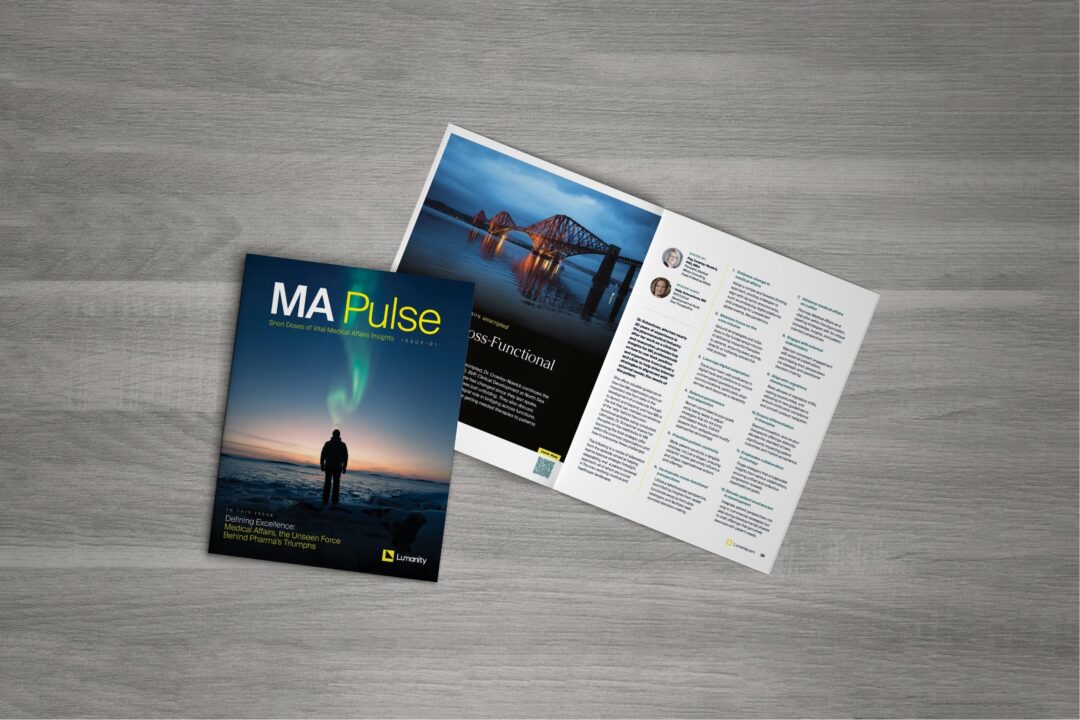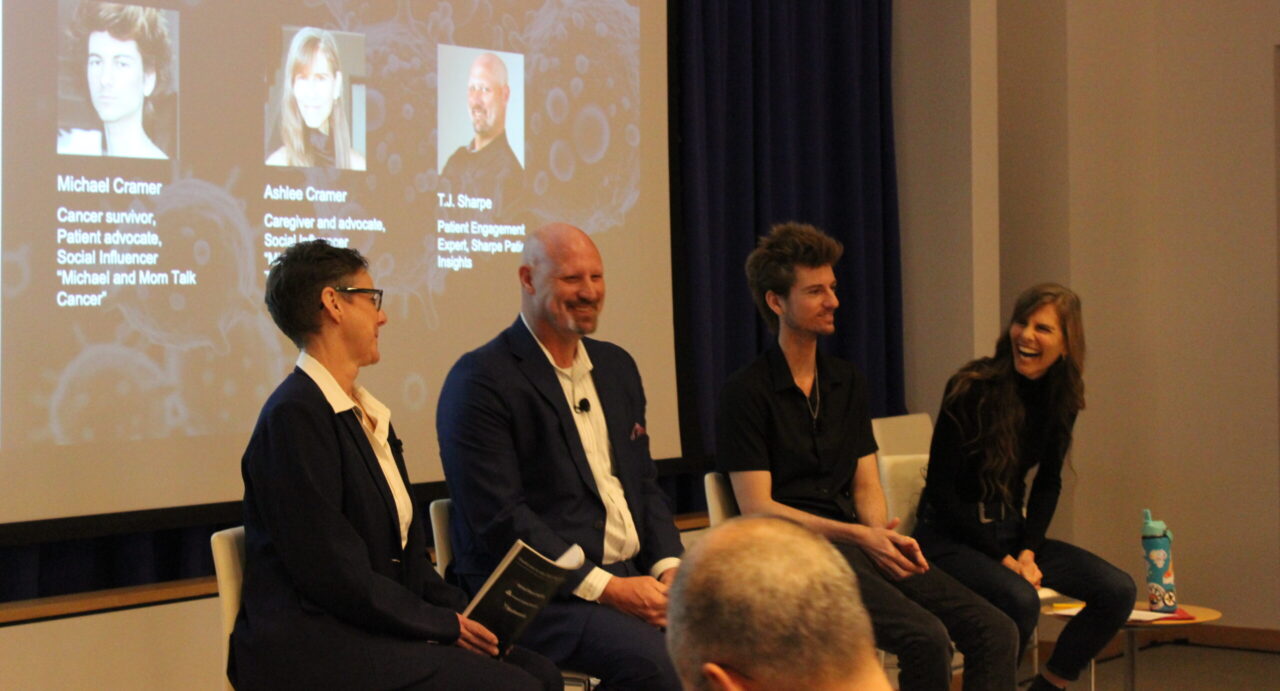Originally published in Pharmaceutical Market Europe (PME) May 2022 edition
While many of us hit the ‘pause’ button on our lives during the pandemic, the speed of change within the healthcare system accelerated at pace. From vaccination approval to digital health delivery and systems reconfiguration, the urgency and uncertainty of COVID-19 saw a collaborative, multi-stakeholder effort to bring innovation and intervention to the public at record speed. Presumably due to the need to act decisively and quickly, patient and civil advocacy groups were not regularly invited to participate, meaning the ‘patient voice’ was not consistently included in critical health and policy decisions.
More people than ever reported that their long-term relationship with the healthcare system had been damaged by their pandemic experience, leaving them feeling isolated or unheard. In hindsight, patient input could have predicted, and perhaps mitigated, the consequences of massive service redesign and reduction in healthcare services, and contextualised change against patients’ lived experience. Patient input could have shaped information provision, enabled community support and anticipated the challenges of telehealth programmes. Critically, patients would have given voice to the inequality in access and delivery for harder-to-reach communities, those digitally excluded and those living with disability, or severe or chronic conditions.
As we look to a deceleration phase of the pandemic, we should reflect on why the relative lack of inclusion of the patient voice in policy-making and healthcare decisions was an unfortunate casualty of COVID-19. Collecting, understanding and integrating the views of patients is a key component of responsible and ethical regulation. Policymakers, healthcare professionals and the pharmaceutical industry can find ways to get meaningful feedback about the patient experience during the pandemic and the impact of the decisions and systems they implemented. The creative use of technologies, innovative research methods and a range of consultation processes can reduce barriers to getting this insight. While measuring the short-term impact of the pandemic, let’s also ensure this COVID-19 oversight will not become a longer-term gap in healthcare-shaping decisions. The pandemic can be a catalyst for a truly multistakeholder approach, one that ensures the patient voice is included in future.












